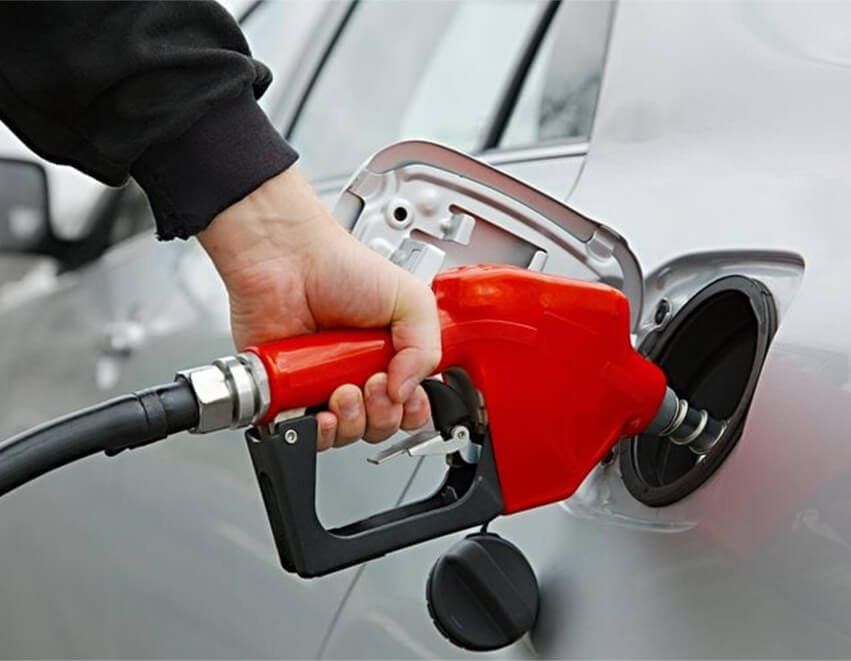One often uses the word “fuel dispenser” to refer to the device that pumps different types of liquid fuels, such as oil, kerosene, diesel, or gasoline. In this investigation, we examine synonyms that provide different viewpoints on the machinery in charge of fuel dispenser pumps at gas stations and other fuelling stations. Distributor A synonym […]
One often uses the word “fuel dispenser” to refer to the device that pumps different types of liquid fuels, such as oil, kerosene, diesel, or gasoline. In this investigation, we examine synonyms that provide different viewpoints on the machinery in charge of fuel dispenser pumps at gas stations and other fuelling stations.
A synonym for “fuel dispenser” that is similarly related to it is “distributor.” A distributor is essential to the operation of fuelling stations since they provide and transfer various liquid fuels to cars or storage tanks. Similar to a gasoline dispenser, the focus here is on the systematic and regulated fuel pump dispenser.
As a simple stand-in, “fuel provider” highlights the organization or apparatus that provides and distributes different types of liquid fuels. Similar to the operations of a gasoline dispenser, this word highlights the responsibility of providing fuel to users.
Some technical situations, especially in the fuelling business, may conflate the terms “fuel dispenser” and “fuel administer.” It denotes the regulated and accurate dispensing of fuel in accordance with the painstaking processes associated with the exact measurement and dispensing of different liquid fuels in specified amounts.
Fueling stations often distribute gasoline, which is why the phrase “gasoline issuer” draws attention to the process of releasing or spreading this fuel. It means “fueling vehicles or containers” in this context, which is consistent with how a fuel dispenser works.
The word “liquid fuel ejector” is a synonym for “forceful expulsion” or “release” of liquid fuel in technical or mechanical domains. It’s not a phrase you hear every day, but it captures the concept of a system that powers liquid gasoline and resonates with a fuel dispenser.
“Fuel conveyor” becomes significant in situations when fuel is flowing continuously. It is not quite the same as a synonym, but it works well in situations when the focus is on the methodical movement or delivery of liquid gasoline from tanks to cars, much like certain fuel dispensers.
The word “fuel allotter” emphasizes the process of assigning or distributing fuel, guaranteeing an equitable and well-organized distribution. Ensuring the effective and equitable distribution of fuel supplies is analogous to the tasks of a gasoline dispenser.
Despite being less often used, the phrase “petroleum munitioner” refers to the act of giving or delivering liquid energy resources—more especially, fuels derived from petroleum. It may find use in certain situations when the goal is to fulfill the function of a fuel distributor by providing cars or containers with the appropriate liquid fuels.
The term “liquid energy outfitter” refers to a supplier of necessary liquid fuels. While not a precise synonym, it may be used in some situations when the provision of essential liquid fuels is the main concern, especially at filling stations or establishments that specialize in the distribution of liquid energy.
Finally, the term “fuel retailer” designates companies that sell fuel to end users. Although it is more precise, it is comparable to the term “fuel dispenser” in situations when the act of supplying liquid fuels directly to consumers is emphasized.
The phrase “fuel dispenser” provides access to a wide range of synonyms covering different aspects of the fuelling sector. These substitutes provide several viewpoints on the apparatus in charge of delivering liquid fuels, giving a thorough rundown of the many approaches by which liquid energy resources are enabled to arrive at their desired locations. Every synonym highlights the many ways in which this crucial piece of machinery in the field of energy distribution is described, adding to the complexity of fuel dispensation.




